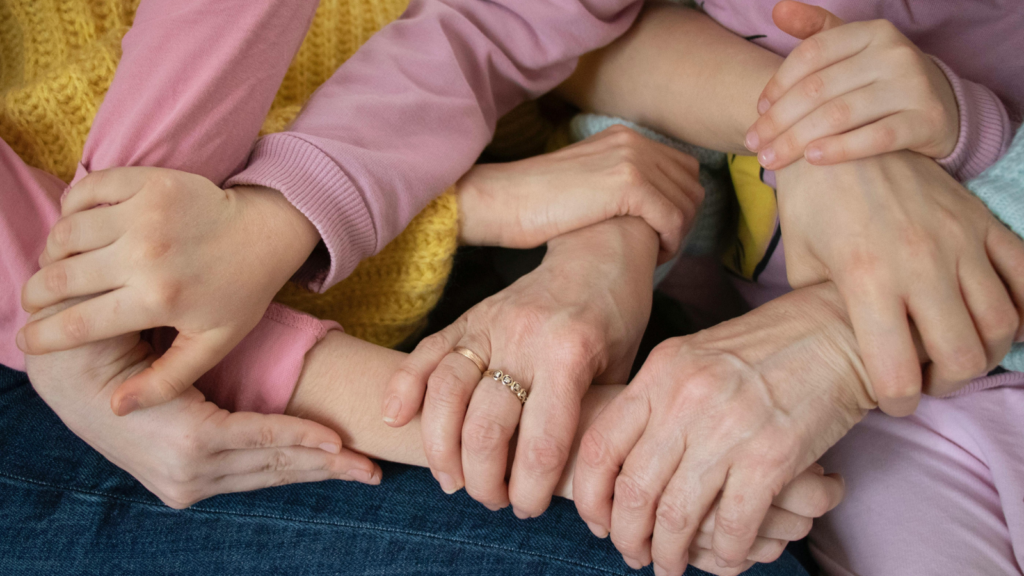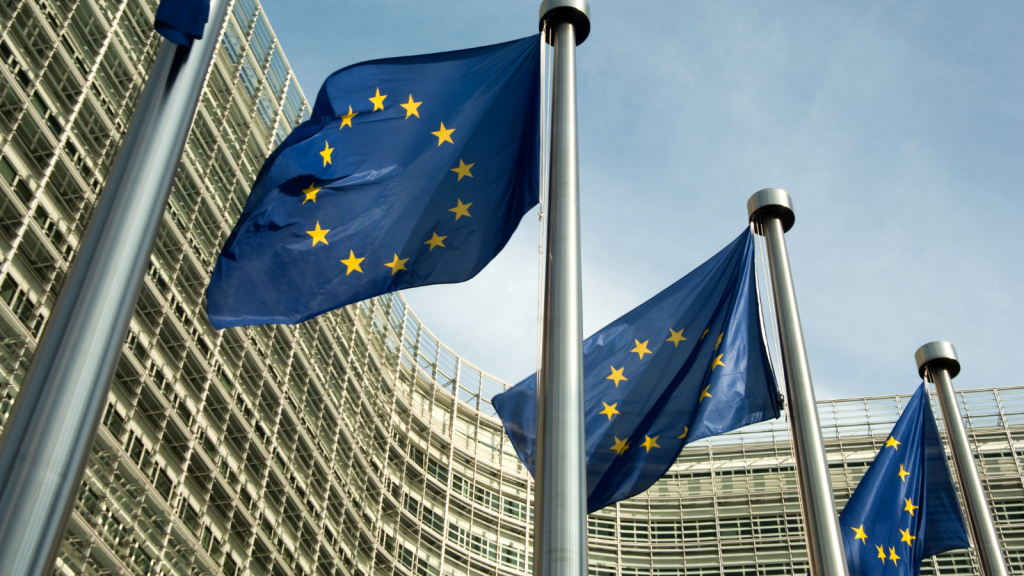Media Release – Brussels,
14th of June 2023
Second Anniversary of the Adoption of the Council Recommendation on the European Child Guarantee
On the 14th of June 2021, EU Member States unanimously adopted the Council Recommendation establishing a European Child Guarantee. Two years after this historical adoption and the promise of all EU Member States to act to lift children and their families out of poverty, COFACE Families Europe has published an assessment of the National Action Plans implementing the Child Guarantee. The aim of this assessment is to shed light on the need to develop inclusive key services for children with disabilities and their families based on clear targets and measures embedded in national policy-making.
The European Child Guarantee is a key step in achieving the European Pillar of Social Rights target to reduce the number of children at risk of poverty and social exclusion. However, this promise cannot be achieved without strong implementation at the national level. EU Member States agreed to develop National Action Plans (NAPs) outlining how they will implement this Council Recommendation. However, five National Action Plans are still missing and the submitted ones reflect different levels of commitment.
COFACE Families Europe assessed the plans submitted by April 2023 from the perspective of children with disabilities and their families who experience specific barriers when accessing key services and have a more significant risk of poverty and social exclusion. They are one of the six target groups highlighted within the Child Guarantee Recommendation. In the assessment, specific attention was paid to the following dimensions: inclusive education, inclusive (digital) educational tools, accessibility of key services, intersections with other policy fields or discrimination forms, involvement of children with disabilities, their families and civil society organisations, and broader measures to support families of children with disabilities.
One of the key findings from the assessment is that children with disabilities are a clear target group in most of the National Action Plans, but sufficient data and clear definitions are still lacking. Moreover, most measures for children with disabilities are related to inclusive education and school-based activities, which is an important first step to support their rights under the United Nations Convention on the Rights of Persons with Disabilities (UNCRPD) and address poverty, but more measures are needed in relation to access to housing, healthy nutrition, and healthcare. Finally, fostering social policy frameworks and measures to support the families of children with disabilities are strong in some NAPs (such as in the Italian NAP where a peer support model for families with children with disabilities is being developed in Family Centres), but completely lacking in other NAPs.
Carmen De Lamo, vice-secretary of the Spanish Confederation of Families of Deaf People, member of the COFACE Disability Platform, said: “All children with disabilities and their families need access to support services and assistive devices, not only the ones below the poverty line, as the presence of a disability in the family increases the risk of social exclusion. Access to resources and access to services are not interchangeable but should advance together in a complementary way. This needs to be taken into consideration when drafting national measures implementing the European Child Guarantee.”
To support the drafting of the NAPs, several COFACE and COFACE Disability member organisations have taken part in the consultation processes at the national level, whereas on the contrary some others have raised concerns about the lack of consultations. It is important to keep direct and civil society involvement through the entire process.
Sven Iversen, Vice-President of COFACE Families Europe and Executive Director of the Association of German Family Organisations (AGF), said: “Cooperation and input from representative organisations are needed for the Child Guarantee to be successful in supporting children and their families to access a set of key services. This should happen both in the preparation process of the National Action Plans and during the implementation phase to ensure the Child Guarantee is fully embedded in national and regional measures.”
COFACE Families Europe and the COFACE Disability Platform have high expectations for the full implementation of the Child Guarantee and call on Member States to use a two-generation (based on the interrelated well-being of children and their caregivers) and intersectional approach which complements efforts of other EU policy and legal frameworks to design policies which are inclusive of all children and their families. We call on the European Commission to reflect this commitment in the upcoming monitoring framework on the European Child Guarantee.
Read the full assessment here.
ENDS//
Notes to editor:
- Breaking policy silos to better support children with disabilities and their families (COFACE, 2022)
- Stepping up implementation of the EU Child Guarantee – National action plans in the spotlight (COFACE, 2022)
- Council Recommendation establishing a European Child Guarantee (2021)
- Child Compass 2030 – For a Europe which invests in shaping a healthy society, environment and economy fit for children (COFACE, 2020)
- The Child Guarantee – A tool to tackle family poverty? (COFACE, 2020)
- S.H.I.F.T. A guide to shift towards meaningful inclusion of persons with disabilities and their families (COFACE, 2019)
For more information, please contact Bettina Guigui, Senior Communication Officer: bguigui@coface-eu.org





